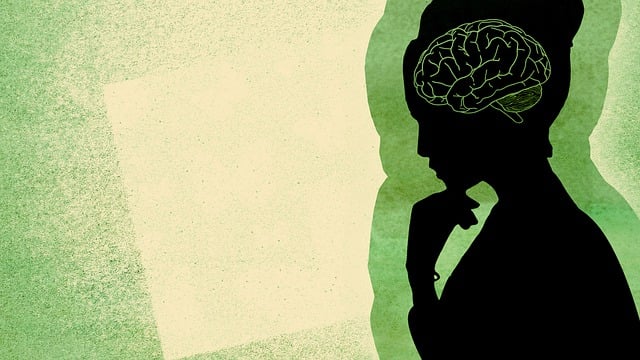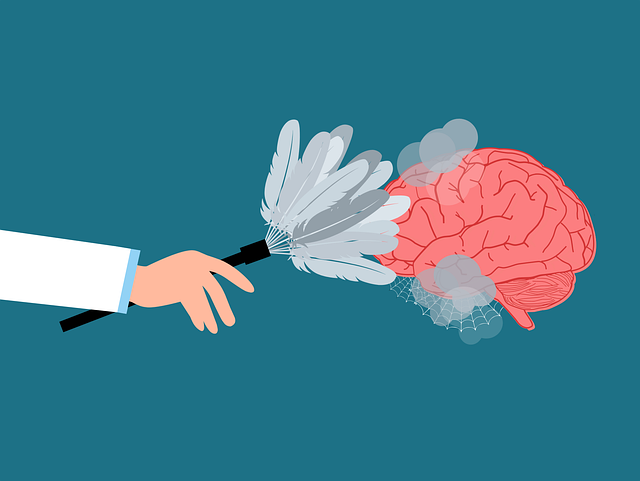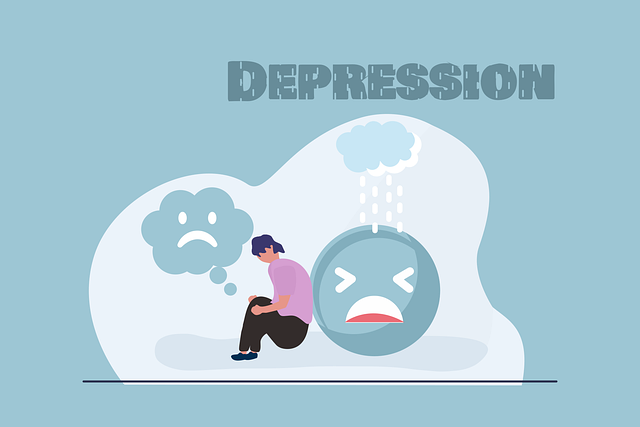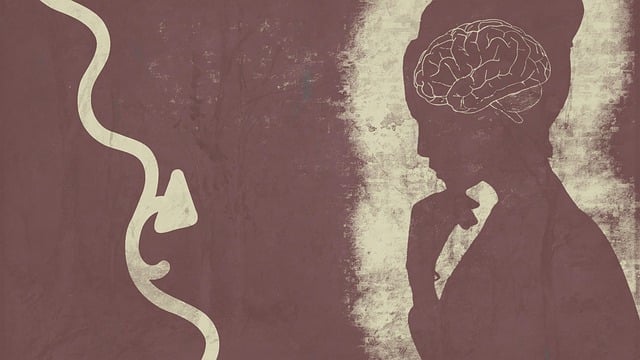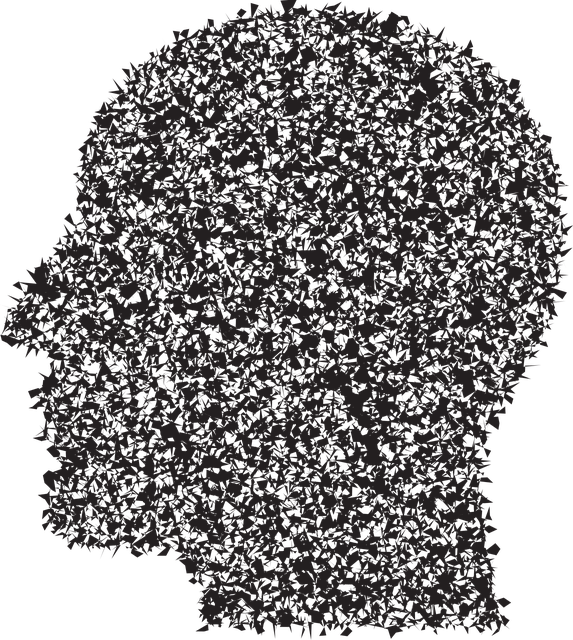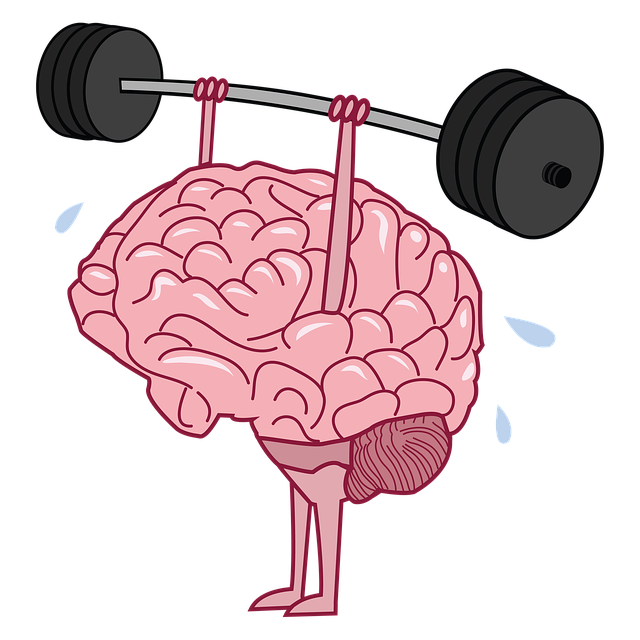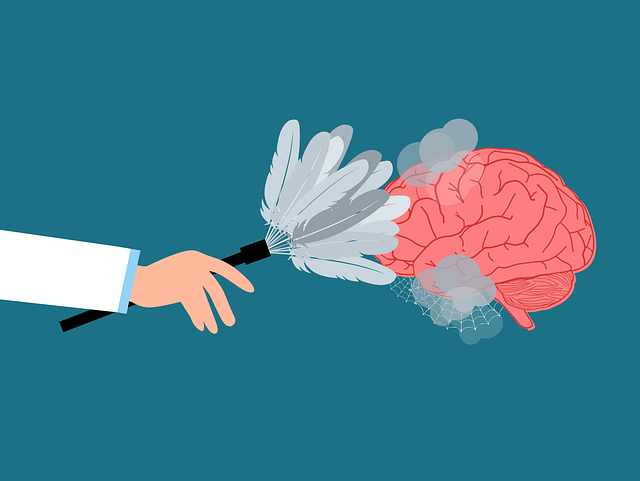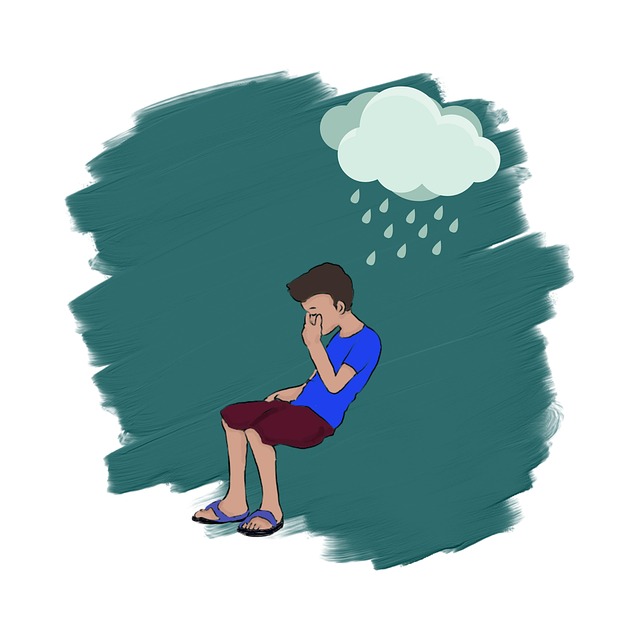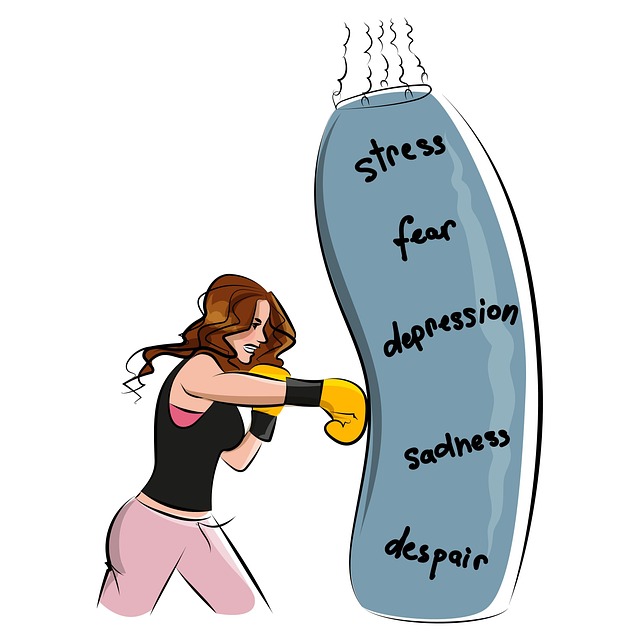Anxiety disorders significantly impact academic performance by hindering concentration, memory, and decision-making. Strategies such as Cognitive Behavioral Therapy (CBT), mindfulness practices, and relaxation exercises are effective in managing anxiety symptoms, particularly in students with learning disabilities. CBT empowers individuals to challenge negative thought patterns, develop coping strategies, and cultivate compassion. Mindfulness practices, integrated into CBT, calm minds by focusing on the present moment. Exposure therapy gradually confronts fears, replacing negative thoughts with positive ones. Holistic approaches like regular exercise, adequate sleep, and a balanced diet support emotional well-being. Therapy, mentorship, and journaling further aid in anxiety management, enhancing academic outcomes for students with learning disabilities.
Anxiety disorders significantly impact learning and academic performance, affecting millions of individuals. This article explores effective anxiety management techniques, from understanding the impact of anxiety on learning to powerful therapeutic approaches like Cognitive Behavioral Therapy (CBT) and mindfulness practices. We also delve into exposure therapy and the importance of lifestyle adjustments and support systems. Discover how these strategies can empower you or a loved one with a learning disability to overcome anxiety and thrive.
- Understanding Anxiety Disorders and Their Impact on Learning
- Cognitive Behavioral Therapy (CBT): A Powerful Tool for Overcoming Anxiety
- Mindfulness Practices to Calm the Anxious Mind
- Exposure Therapy: Confronting Fears Head-On
- Lifestyle Adjustments and Support Systems for Effective Anxiety Management
Understanding Anxiety Disorders and Their Impact on Learning

Anxiety disorders can significantly impact an individual’s ability to learn and process information. These disorders, such as Generalized Anxiety Disorder (GAD) or Social Anxiety Disorder, often manifest as persistent, excessive worry and fear that interfere with daily functioning, including academic performance. Students dealing with anxiety may struggle with concentration, memory retention, and decision-making, which are essential for effective learning. For instance, a student with social anxiety might find it challenging to participate in class discussions or present their work, hindering their overall educational experience.
Understanding these disorders is the first step towards implementing effective strategies. Therapy for learning disabilities often incorporates techniques to enhance mental health awareness and stress management, as well as coping skills development. These can include cognitive-behavioral therapy (CBT), mindfulness practices, and relaxation exercises tailored to address specific anxiety symptoms and triggers. By providing students with tools to manage their anxiety, educators and support staff empower them to take control of their learning environment and improve academic outcomes.
Cognitive Behavioral Therapy (CBT): A Powerful Tool for Overcoming Anxiety

Cognitive Behavioral Therapy (CBT) is a highly effective tool for managing and overcoming anxiety disorders, making it a go-to therapy for learning disability-related mental health issues as well. This therapeutic approach focuses on identifying and changing negative thought patterns and behaviors that contribute to anxious feelings. By challenging distorted thinking and replacing them with more realistic, balanced perspectives, CBT empowers individuals to manage their symptoms and lead fulfilling lives.
One of the key strengths of CBT lies in its structured nature, which enables clients to develop practical coping strategies tailored to their specific needs. This therapy also encourages self-care practices and compassion cultivation, helping individuals build resilience against anxiety and reduce the impact of mental illness stigma. Through dedicated sessions, CBT offers a transformative journey towards better emotional well-being, fostering self-awareness and effective management of anxious thoughts and behaviors.
Mindfulness Practices to Calm the Anxious Mind

Mindfulness practices have emerged as a powerful tool to calm an anxious mind. By focusing on the present moment and accepting thoughts and feelings without judgment, individuals can effectively reduce anxiety symptoms. Therapies like cognitive behavioral therapy (CBT) often incorporate mindfulness techniques to help those with learning disabilities manage their stress levels. CBT teaches individuals to challenge negative thought patterns and replace them with more positive and realistic ones, which is particularly beneficial in mitigating anxiety.
Incorporating mindfulness into daily routines can be a game-changer for those dealing with burnout prevention or seeking self-care routine development for better mental health. These practices enable individuals to cultivate a sense of inner peace and resilience, making it easier to navigate life’s challenges. Furthermore, trauma support services can also benefit from mindfulness techniques, helping individuals process and overcome past traumatic experiences that may contribute to anxiety disorders.
Exposure Therapy: Confronting Fears Head-On

Exposure therapy is a powerful technique that empowers individuals to confront their fears directly. This approach, often used in the context of mental health education programs designed for learning disabilities, involves gradually and safely exposing someone to situations or objects they find anxiety-provoking. By facing these fears in a controlled environment, individuals can learn to manage their responses and reduce the intensity of their anxiety over time.
This therapy is not just about facing challenges head-on; it also focuses on developing coping skills and promoting compassion cultivation practices. It teaches people to recognize and challenge negative thoughts and beliefs associated with their fears, replacing them with more realistic and positive ones. This process helps individuals build resilience, gain a sense of control over their lives, and ultimately improve their overall well-being, making it an effective method in anxiety management.
Lifestyle Adjustments and Support Systems for Effective Anxiety Management

Anxiety management requires a multifaceted approach, and lifestyle adjustments play a significant role in this process. Regular exercise, for instance, can be a powerful tool to combat anxiety by reducing stress hormones and promoting the release of endorphins, which enhance mood and emotional well-being. Adequate sleep is another crucial element; establishing a consistent sleep routine can drastically improve mental wellness. Additionally, dietary choices matter; incorporating foods rich in omega-3 fatty acids and vitamins B and D may support anxiety reduction and self-esteem improvement.
Building a strong support system is equally vital. Engaging in therapy for learning disabilities or other mental health challenges can provide individuals with effective coping mechanisms and emotional well-being promotion techniques. Mentorship from friends, family, or support groups offers a safe space to share experiences, gain different perspectives, and find solace. Moreover, keeping a mental wellness journal as a self-care practice allows one to reflect, process emotions, and track progress over time, which can be immensely beneficial in managing anxiety.
Anxiety disorders can significantly impact learning and overall well-being, but there are effective management techniques available. Cognitive Behavioral Therapy, mindfulness practices, exposure therapy, and lifestyle adjustments offer valuable tools to overcome anxiety. By combining these approaches and leveraging support systems, individuals with anxiety disorders can enhance their learning abilities and lead more fulfilling lives. Remember, seeking professional help for a therapy for learning disability is a crucial step towards reclaiming control and embracing a brighter future.

